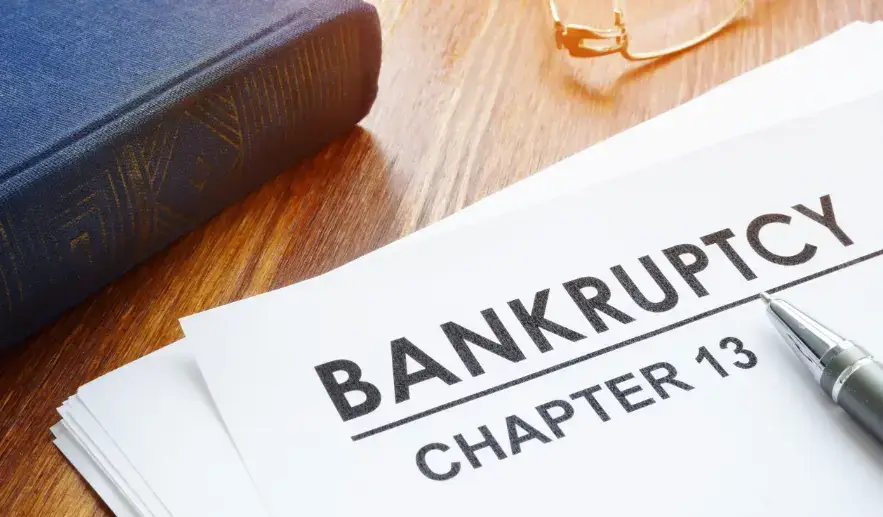What is Chapter 13 Bankruptcy and How Does it Work?

Filing for Chapter 13 bankruptcy can be a tough decision to make, but sometimes it is necessary. Many people believe that filing for bankruptcy means the ending of good credit. However, this isn’t necessarily true. Chapter 13 bankruptcy is considered a soft landing and is perfect for individuals who have fallen behind significantly in keeping up with their credit payments. Continue reading to learn more about Chapter 13 bankruptcy and whether you should hire a Vero Beach Chapter 13 lawyer.
Chapter 13 Bankruptcy: How Does it Work?
In order to file for Chapter 13 bankruptcy, you must first submit a reorganization plan. This will help protect some of your assets, such as your home, if you are facing foreclosure. Chapter 13 is not the same as Chapter 7 bankruptcy. Chapter 7 is a lot more extreme because it wipes away all of your debt completely.
However, no matter which bankruptcy you file for, none of them will completely eliminate all of your debt. For example, child support, alimony, taxes, and student loans are unable to be included in bankruptcy. Fortunately, bankruptcy can still wipe away other debts, but you may face challenges when it comes to opening up new credit accounts in the future.
To be eligible for Chapter 13 bankruptcy, you must:
- Have a steady flow of income
- Have not filed for Chapter 13 bankruptcy for at least two years, and Chapter 7 for at least four years
- Be up to date on your tax filings
- Not have more than $419,275 in unsecured debt and no more than $1,257,850 in secured debt
As soon as a Chapter 13 bankruptcy is filed in your name, any pending foreclosures and other debt will be suspended. This provides you with quick relief from debt collectors.
Benefits of Chapter 13 Bankruptcy
Chapter 13 bankruptcy provides you with more time to get your finances in order. You are given more time to repay your debt following a court ruling. Chapter 13 bankruptcy also keeps any cosigners you have on loans protected against debt collectors if you are ordered to repay the debt.
If you are involved in another financial crisis, you have the ability to file a second Chapter 13 bankruptcy within two years.
Chapter 13 Bankruptcy & Impact on Credit
You should know that once you file for Chapter 13 bankruptcy, your credit will negatively be impacted for the time it remains on your credit report. However, within time, the impact will have been reduced. Chapter 13 will remain on your credit report for seven years versus 10 years like Chapter 7. If you don’t make any more financial mistakes after filing for Chapter 13 bankruptcy, you should see a gradual improvement in your score.
Chapter 13 isn’t as hard on your credit as Chapter 7 bankruptcy. If you successfully complete paying off your debt plan, you will make a good statement for yourself. If you previously had good credit prior to filing for Chapter 13 bankruptcy, your score will drop between 100 and 200 points no matter what chapter you file.
Should I Hire an Attorney?
While it can be quite expensive to hire a bankruptcy attorney, it can be much more complicated if done on your own. Chapter 13 is a lot more complex than Chapter 7. Attorneys advise against filing it on your own to prevent mistakes and delays within the process. Any small mistake can lead to the dismissal of your case. Consider hiring an attorney to file your Chapter 13 bankruptcy. They can guide you through the process and ensure you don’t miss any steps in the filing.
